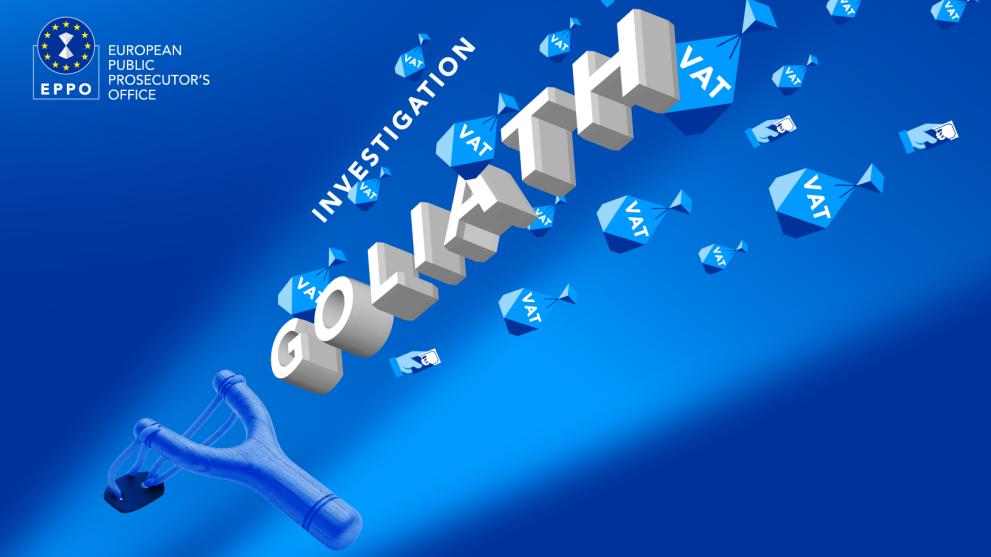Hamburg prosecutors working with the European Public Prosecutor’s Office (EPPO) have filed charges against five suspects accused of running a massive cross-border VAT fraud and money laundering scheme, dubbed “Operation Goliath.” The investigation revealed a criminal network that allegedly caused more than €188 million in losses to both EU and national budgets between 2019 and 2023.
According to the EPPO, the defendants — three Danish citizens and two Turkish nationals residing in Germany — formed a criminal organization focused on selling electronic goods through a complex carousel fraud structure. The group allegedly carried out more than one hundred cases of aggravated tax fraud across multiple EU countries.
Criminal organization and cross-border scheme
Investigators say the operation was coordinated primarily from Istanbul, Turkey, where one of the main defendants managed the sale of high-value electronics such as Apple AirPods. The group allegedly established a web of fake companies in France, Germany, Hungary, and Sweden to manipulate intra-community VAT systems and conceal illicit profits.
The two ringleaders — a Danish national arrested in Kenya in May 2024 and a Turkish citizen — were previously convicted in March 2025 in a related case of tax evasion and are currently serving prison terms in Germany of five years and nine months, and five years and two months, respectively.
A third Danish suspect allegedly joined the organization and used his Irish pub in Denmark to simulate fictitious deliveries. He is also serving a sentence in Denmark for unrelated financial crimes.
The network reportedly relied on straw directors and shareholders from Poland and Lithuania, using forged documents to create shell companies and open bank accounts with the assistance of a notary.
Laundering through Hawala and cryptocurrency
The EPPO said the defendants used the Hawala system — an informal and unregulated network of brokers for transferring funds — to launder criminal proceeds. They allegedly routed payments through companies operating in Turkey, the Middle East, and North Africa, settling invoices with European firms to disguise the origin of funds.
In addition, the suspects are accused of using a Hawala network based in North Rhine-Westphalia, Germany, to move money from Turkey to Europe. They also founded a blockchain company to convert illicit gains into cryptocurrency, while setting up fake consulting firms — including one in Istanbul — to funnel proceeds back to Turkey.
If convicted, the defendants face prison sentences of up to ten years.
The EPPO emphasized that all individuals are presumed innocent until proven guilty in court. Based in Luxembourg, the EPPO is an independent body of the European Union responsible for investigating and prosecuting crimes that affect the EU’s financial interests.


